excision
Halimata Fofana, a victim of female genital mutilation as a child, is publishing her second book on the subject on Wednesday in a bid to break the silence and change the course of events, at a time when the fight against this practice has been undermined by the Covid-19 pandemic.
According to the United Nations Population Fund, at least 200 million girls and women have undergone some form of genital mutilation in the most affected countries (27 African countries plus Indonesia, Iraq, Maldives and Yemen). Every year, more than four million girls around the world are at risk of circumcision.
"That, I think, cannot be invented, the way I describe the pratice of female genital mutilation (FGM) that Maya (the character in her second novel, Eds.) undergoes, is also the way I was subjected to it... she is going through it a bit later, I was subjected to it at the age of 5. The way things are done, in an abrupt way without anaesthesia, of course it's something I experienced and that I wanted to share, to make people understand what FGM is without being trashy, it's... I'm simply describing an atrocious act," she said.
In France, where the practice is banned, an estimated 125,000 women are circumcised.The subject remains "extremely taboo", even though the issue of violence against women has become more prominent in society in recent years.
"I call it rape because it's the invasion of a woman's body, without your consent, into your most intimate part, that's why I also call it rape, but at the same time, there's an amputation when we talk about female genital mutilation (FGM). It's both, it's the fact that someone violates your most intimate part without asking you anything and something is removed from you," lamented Halimata.
Halimata Fofana believes that the difficulty of denouncing one' s parents who have been engaged in the practice, and the fear of what people will say, discourage the women concerned from breaking the silence.
"Often it's done by women who haven't had access to school and so it's very complicated to question a tradition when you don't have another point of view, when you only have one way, it's very, very complicated. ." she added.
In France, the government has launched a national plan in 2019 to combat FGM, focusing on training professionals and identifying risks.
As in the novel, the main risk situation for girls living in France is to travel for holidays to their parents' country of origin, where the practice persists.




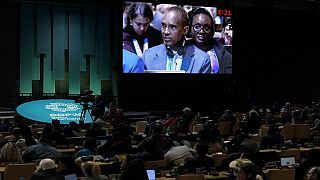
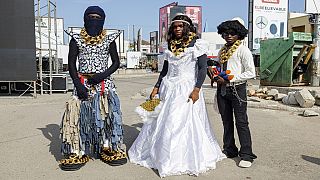
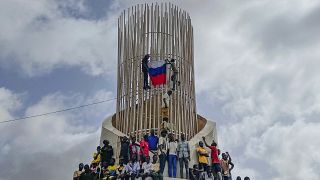

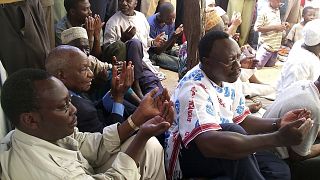

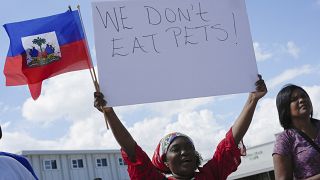
01:37
Record participation at 24th Sofi Great Ethiopian Run
11:05
Africa's hight cost of climate change [Business Africa]
01:17
COP29 finance talks lag as the summit reaches its halfway mark
01:38
COP29: What next for Africa's energy transition?
01:00
Civil society takes center stage at Brazil’s G20 social summit
01:58
Climate adaption: Unfulfilled pledges mean “lost lives and denied development” – UN chief